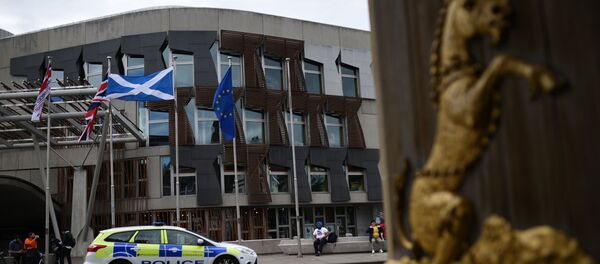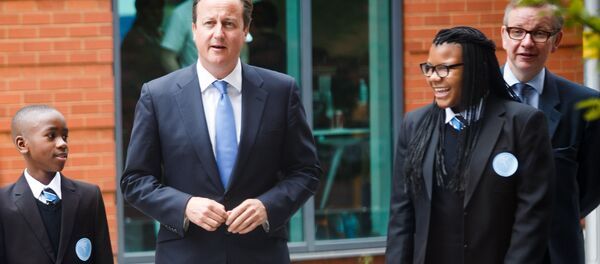The EHRC has called on the Government to take urgent action to address the issues of race inequality across Britain in areas such as education, employment, housing, pay and living standards. The results suggest that while for certain people progress has been made and life has become fairer over the past five years, for others there progress has stalled and in particular young black people life has got worse.
Important @EHRC report out today on race equality — progress has been made but still a long way to go https://t.co/gkV78E2SCh
— Ed Vaizey (@edvaizey) 18 August 2016
Chair David Isaac said the report reveals a "very worrying combination" of a post-Brexit rise in hate crime and long-term systemic unfairness and race inequality'.
Life chances have worsened for young ethnic minorities. Read more in our new race report: https://t.co/S6koRc7Qef pic.twitter.com/WIezoyD5FH
— EHRC (@EHRC) 18 August 2016
"The combination of the post-Brexit rise in hate crime and deep race inequality in Britain is very worrying and must be tackled urgently," Mr Issac told Sputnik.
Today's report reveals that black people are much more likely to be victims of crime and be treated more harshly in the criminal justice system. You are more than twice as likely to be murdered if you are black in England and Wales and three times more likely to be prosecuted and sentenced than if you are white. In addition to this, race remains the most commonly recorded motivation of hate crime in England and Wales at 82 percent.
"Today's report underlines just how entrenched race inequality and unfairness still is in our society," Mr Isaac told Sputnik.
The research also shows that despite improving educational attainment, ethnic minority people are still being held back in the job market. Black, Asian and ethnic minority workers with degrees are two and a half times more likely to be unemployed than white workers with degrees. Black workers with degrees are paid 23.1 percent less on average than white workers with degrees.
"We must redouble our efforts to tackle race inequality urgently or risk the divisions in our society growing and racial tensions increasing," Mr Isaac told Sputnik.
Read our Director @SandraKerrBITC's response to today's @EHRC report on racial inequality: https://t.co/pKZ7NmaFJG
— BITC Race Equality (@BITCRaceatwork) 18 August 2016
If you are young and from an ethnic minority, your life chances have got much worse over the past five years and are at the most challenging for generations. Since 2010, there has been a 49 percent increase in the number of 16 to 24-year-olds across the UK from ethnic minority communities who are long-term unemployed, compared with a fall of 2 percent if you are white.
Black workers are also more than twice as likely to be in insecure forms of employment such as temporary contracts or working for an agency — which increased by nearly 40 percent for black and Asian workers, compared with a 16 percent rise for white workers.
The report also raised issues around funding and specialist services for women who suffer from physical and mental abuse.
White women are more likely to report being a victim of domestic abuse than ethnic minority women. This was 7.4 percent of white women compared with 4.4 percent of ethnic minority women. However, black and ethnic minority women exclusively suffer from FGM, honor killing and forced marriage, and specialist services are struggling to meet demand, particularly due to a lack of funding.
"It is very encouraging to hear the new Prime Minister's commitment to tackling inequality. In order to achieve this it is vital that the Government puts in place a comprehensive and coherent race strategy that tackles these pressing issues and prevents some communities being cut even further adrift from equality of opportunity, so far, the Government's economic plan since 2010 has not been paralleled by a race inclusion plan that prevents cutting some communities even further adrift from equality of opportunity."
The study not only looks at education, employment and health but it also looks ethnic minorities in positions of power. When it comes to who runs Britain, overall ethnic minorities are still hugely underrepresented in positions of power — 14 percent of the UK population is from an ethnic minority background, but out of the 2,686 judges who declared their ethnicity in England and Wales, only 5.9 percent were from an ethnic minority. In addition to this, ethnic minority police officers made up only 5.5 percent of all officers in England and Wales and there are no ethnic minority Chief Constables.
The Commission (EHRC) also called for a comprehensive new race strategy from Government, the development of stretching new targets to reduce race inequality including in criminal justice, education and employment, as well as better research and reporting to monitor progress.




